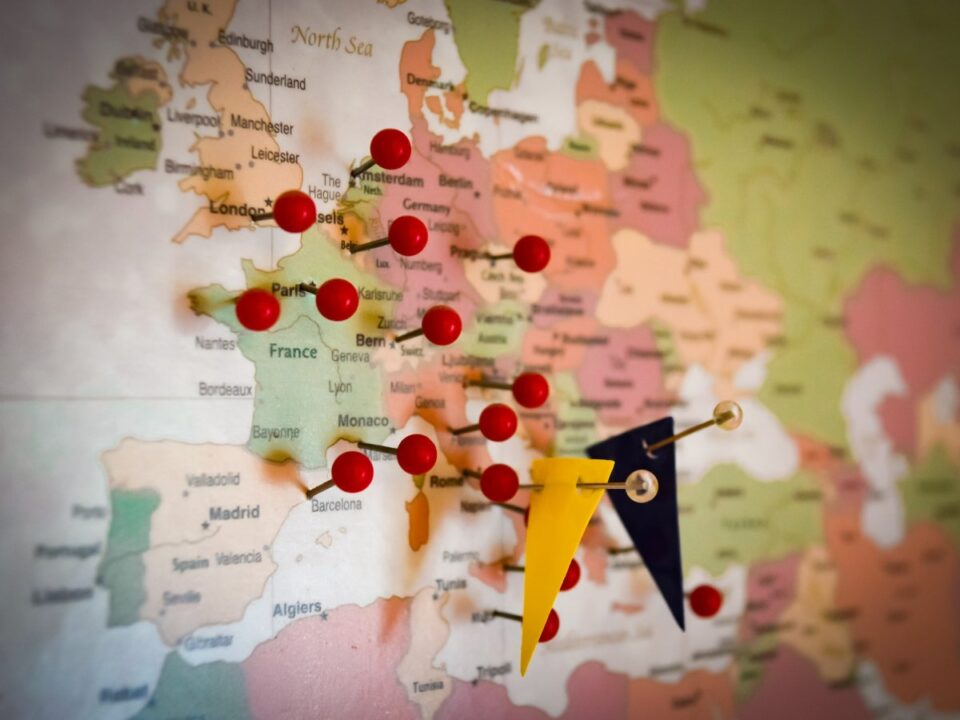
How Vendor Managed Inventory (VMI) Strengthens Supply Chain Resilience and Collaboration
To optimize inventory management, retailers and suppliers are increasingly turning to Vendor Managed Inventory (VMI) tools that transfer the responsibility…
Bona: Building Operational Excellence with Solochain WMS Read the use case

PEPPOL stands for the Pan-European Public Procurement On-line. Behind this acronym lies a data exchange network that has been set up in various European countries. The goal? To simplify cross-border electronic exchanges based on technology standards that can be implemented in all governments within Europe.
Today this network is in full expansion and thanks to the efforts of the European Commission, it now comprises various members from the OpenPEPPOL Association (Sweden, Norway, Denmark, United Kingdom, Italy…). Largely implemented in Northern Europe, it is mainly used by administrations with common standards. Praised for its efficiency, the network is specially designed for issuing electronic invoices to public organizations.

To optimize inventory management, retailers and suppliers are increasingly turning to Vendor Managed Inventory (VMI) tools that transfer the responsibility…

In an ever-evolving logistics environment, agile and precise warehouse resource management is essential to remain competitive. With increasing volumes driven…

France’s electronic invoicing reform relies on a Y-architecture, where Partner Dematerialization Providers (PDPs) play a central role in issuing and…

Work with our team to build your ideal supply chain software stack and tailor it to your unique business needs.